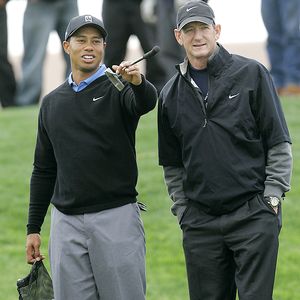A special thanks to Clay for sending me this letter.
Hey...
I read your blog. I liked the part where you mentioned that people have told you to focus on one thing, but you didn't and that diversity of experience has brought you to the place in time that you hold now. Pretty deep and true. I edit, shoot, write, you name it. I also compose music on a regular basis with a guy that used to play bass for Evanescence, the rock band. I feel that it is just as important to be open to taking a PA job as it is to accept the right AD or Directing job at times. Every situation offers an experience of a different kind that can lead to being really good at something later in life.
My opinion was that often people who aren't really creative themselves, haven't got the inner strength to stretch themselves far enough across the board to learn as much as they can to climb the creative mountain. In my opinion, you have to know a little about a lot in order to be good at any or all positions that you try to grasp for a future in TV, Film, or any type of creative outlet. In order to become one of the best at what you want to do, open all the doors, read all the books, learn a lot about a lot of different things and you have a nice start.
Then one day when you figure out exactly where you fit in the big picture, you find who you consider to be the best at what you want to do. You make a list of the best of the best and figure out what makes them as good as they are, pool their best habits together and practice them. You already know this though. Glad to see someone who is making a life for himself has this same opinion.
I personally have a damn long ways to go...but I'll keep trying until I get there.
I want to own a nice company that eventually makes TV shows, movies, write scripts (I do that often ), and get my hands on any and all ideas of creation I can possibly wrap my mind around.
Oh and by the way, if I have never told you so, thanks for being an inspiring teacher. You, Jason, and Carl were by far my three favorites -- although our lighting teacher (Grover) had such the David Lynch / Mad Scientist feel. Haha --
Have a good day, I'll see you around. Maybe we'll do a good horror film together one day. Not one of these movies you see now days that doesn't really scare anyone. Speaking of which, we made a horror themed talk show while I was there at Full Sail called The Grinder that Steven Shea was a guest on. I am trying to recast here in NY and want to continue trying to make the show. The show was my idea and I cast for it there, and found the band, and wrote the questions, etc. If I were to get a show together that was shot in HD and looked good enough, what should I do with it from there? Shop it around to networks for channels like MTV or G4?
Just Curious. --- Too bad the Horror Channel isn't a real TV station; there is a target audience for that kind of thing.
Clay


